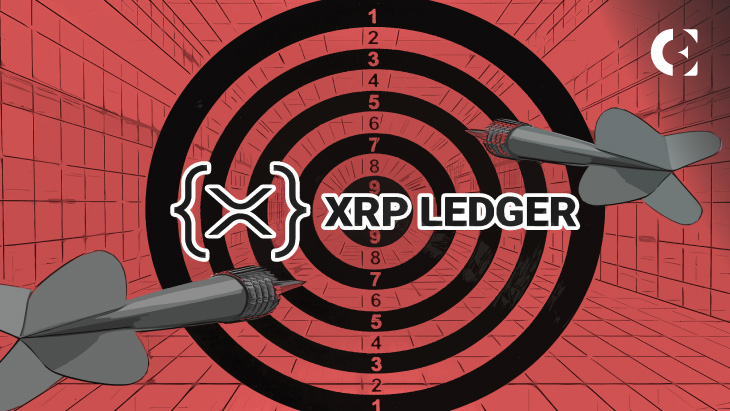- Ripple CTO says XRPL is highly secure and only vulnerable to attacks that halt the network.
- David Schwartz claims such an attack is difficult to monetize, making it unlikely.
- Schwartz noted potential risk scenarios where an attacker might open a large short position on XRP.
In a recent podcast, Ripple’s Chief Technology Officer David Schwartz discussed the robust security of the XRP Ledger, identifying only one feasible attack vector on the network.
Schwartz explained that the XRP Ledger utilizes a Proof-of-Association (PoA) consensus mechanism, which ensures integrity by prioritizing the first transaction received, thus preventing double-spending.
The Ripple CTO confidently stated that the XRP Ledger’s design renders it impervious to attacks that would alter digital asset ownership. He said, “There is nothing you can tell my software that will result in it making your XRP somebody else’s XRP.”
Schwartz also noted that the network has only been subjected to generic attacks and has yet to face sophisticated threats. However, he pointed out that the only plausible method of attack would be to disrupt the global sequence of transactions, which would effectively halt the network’s operations. The Ripple CTO added that there is no incentive to halt the XRPL network, as it is difficult to envision a way to profit from such an action.
Despite the robust security, Schwartz acknowledged a potential risk scenario where an attacker might open a large short position on XRP and then attempt to attack the network to manipulate its price downward.
However, he downplayed such an attack as unlikely due to theoretical and practical safeguards. He pointed out that those offering XRP short positions would be vigilant against such attacks. Moreover, the network’s design only allows for a one-time, short-duration attack, minimizing any potential impact.
Notably, during his conversation, Schwartz also touched upon various other topics during the podcast, including the distribution of XRP, its use cases, the potential for smart contracts, and Ripple’s ongoing legal battle with the U.S. SEC.
Disclaimer: The information presented in this article is for informational and educational purposes only. The article does not constitute financial advice or advice of any kind. Coin Edition is not responsible for any losses incurred as a result of the utilization of content, products, or services mentioned. Readers are advised to exercise caution before taking any action related to the company.







